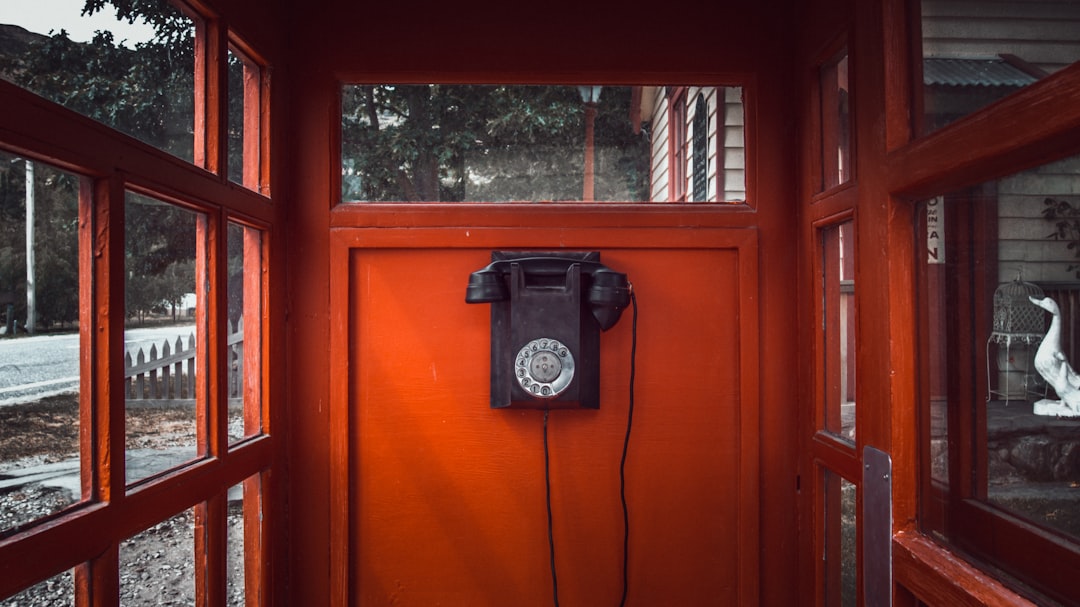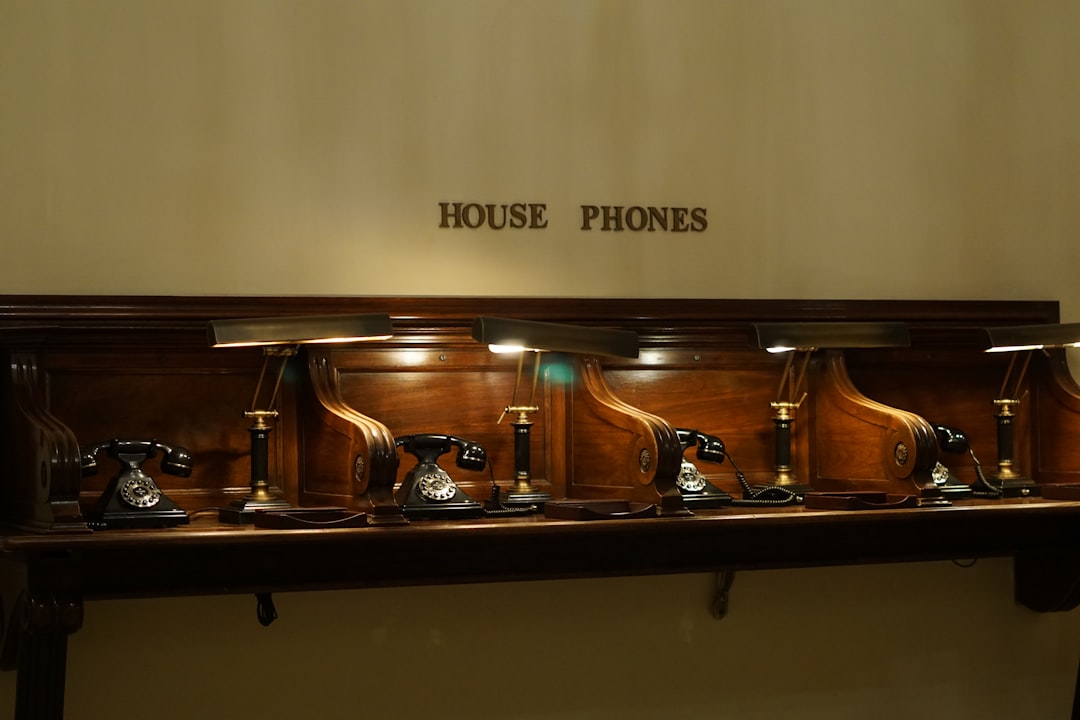Robocalls, automated phone calls from unknown numbers, have become a significant problem in Illinois. The state has laws protecting residents from excessive and harassing calls, including the right to sue for emotional distress or privacy invasion. Regular robocalls can lead to increased stress, sleep disturbances, and insecurity, particularly affecting vulnerable populations. Robust robocall awareness campaigns are crucial to educate residents about their rights, such as opting out of call lists and reporting suspicious activity, and empower them to explore legal avenues like "can I sue for robocalls Illinois." Effective campaigns leverage targeted outreach programs, social media, community events, workshops, and storytelling to raise awareness and encourage action.
In Illinois, like many states, robocalls have become a pervasive nuisance. These automated calls, often unwanted, can disrupt daily life and have serious implications, especially regarding privacy and consumer protection. This article explores strategies to engage Illinois residents in robocall awareness campaigns, delving into the legal aspects of suing for robocalls, and offering effective communication tactics to empower residents against this modern challenge. Understanding your rights is key, including whether you can take legal action under Illinois law if you’ve been affected by nuisance calls.
Understanding Robocalls and Their Impact on Illinois Residents

Robocalls, automated phone calls from unknown numbers, have become a pervasive issue for many Illinois residents. These unwanted calls often deliver pre-recorded messages promoting products, services, or even political campaigns, despite recipients’ preferences to be left alone. In Illinois, as in many states, robocalling laws protect residents from excessive and harassing calls, and there are mechanisms in place for them to take action if their rights are violated. One such measure is the ability to file a lawsuit for robocalls, seeking compensation for emotional distress or invasion of privacy caused by these intrusive messages.
The impact of robocalls extends beyond mere annoyance. Regular exposure can lead to increased stress levels, sleep disturbances, and even a heightened sense of insecurity. For vulnerable populations, such as the elderly or individuals with pre-existing mental health conditions, the constant deluge of unsolicited calls can be overwhelming. Understanding these effects is crucial in gauging the need for robust robocall awareness campaigns that educate Illinois residents about their rights and the practical steps they can take to mitigate the nuisance, potentially including opting out of call lists and reporting suspicious activity.
Legal Aspects: Can I Sue for Robocalls in Illinois?

In Illinois, as in many states, robocalls are regulated to protect residents from unwanted and deceptive phone calls. The Telephone Consumer Protection Act (TCPA) provides significant legal protections against robocallers. If you’ve received a robocall in Illinois, you may have grounds to take legal action.
If a robocall violates the TCPA or other state laws, victims can sue for damages. This could include monetary compensation for each violation, sometimes capped at $500 per call. While it’s not as simple as just suing, residents of Illinois do have legal recourse against companies making unwanted robocalls. Remember, documentation is key; keeping a log of the calls, including dates, times, and any recorded messages, can be crucial in pursuing legal action.
Strategies to Enhance Robocall Awareness and Engagement

To enhance robocall awareness and engagement among Illinois residents, consider leveraging personalized messaging through targeted outreach programs. Educate residents on their rights and options regarding unwanted calls, emphasizing that they can take action by reporting excessive robocalls to relevant authorities, such as the Federal Trade Commission (FTC). This empowers them to become active participants in curbing intrusive robocalls, potentially leading to legal recourse under Illinois laws prohibiting deceptive practices, including unauthorized automated calls.
Additionally, utilizing social media platforms and community events can help spread awareness. Create engaging content that highlights the impact of robocalls on daily life and offers practical tips for prevention. Collaborate with local organizations and consumer protection agencies to host informational sessions or workshops where residents can learn more about their rights, including whether they can sue for robocalls in Illinois if necessary. Interactive workshops and Q&A sessions foster a sense of community engagement and accountability.
Effective Communication Tactics for Robocall Education

Educating Illinois residents about robocalls and their rights is a critical aspect of any awareness campaign. To ensure effective communication, it’s essential to use clear and concise language that resonates with the target audience. Break down complex information into easily digestible chunks, focusing on practical tips and strategies for dealing with unwanted calls. Personalize messages where possible, emphasizing the impact of robocalls on daily life and the potential legal avenues, like can I sue for robocalls Illinois, available to affected individuals.
Leverage multiple communication channels to reach a broader audience. Combine traditional methods like community events and local media partnerships with digital strategies such as social media campaigns and targeted online ads. Utilize storytelling techniques to humanize the issue, connecting with residents on an emotional level. By employing these tactics, robocall awareness campaigns in Illinois can effectively empower citizens to protect their privacy and take action against intrusive calls.






